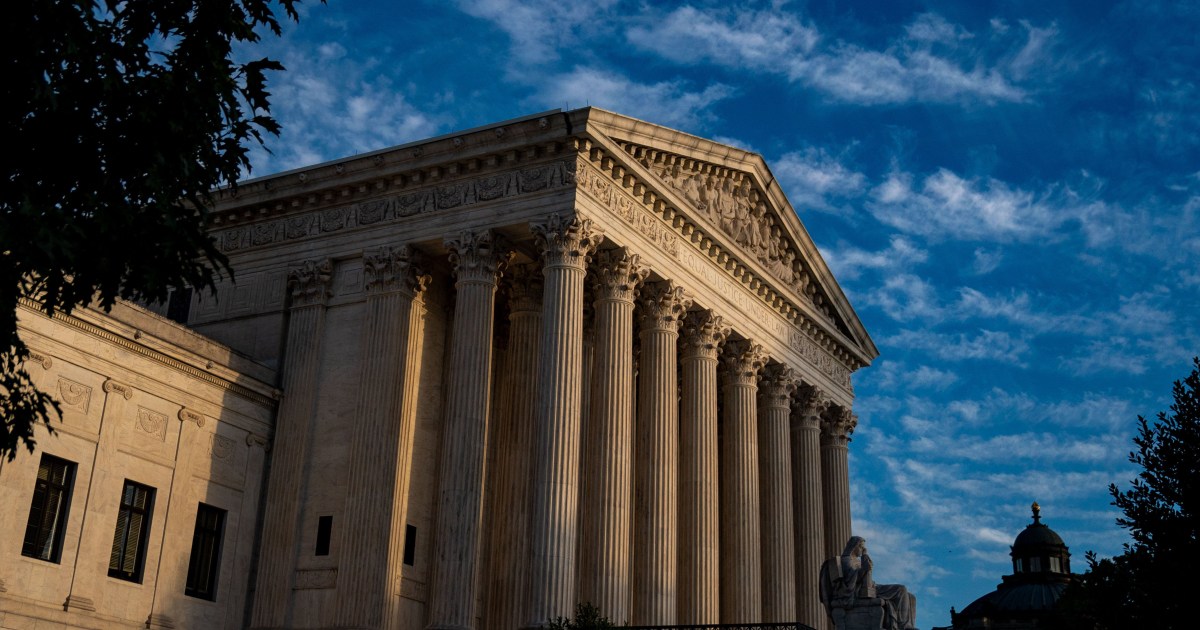Key takeaways:
- The Supreme Court ruled 6-3 against Republicans in North Carolina in the case of Moore v. Harper, finding that the Constitution’s Elections Clause does not support the so-called “independent state legislative theory”
- The ruling leaves in place a key check on state lawmakers’ actions altering how federal elections in their states are conducted and their drawing of congressional maps
- The decision is a victory for voting rights advocates, and reaffirms the role of the courts in ensuring that state legislatures do not pass laws that violate the Constitution
The Supreme Court on Tuesday ruled against Republicans in North Carolina in the case of Moore v. Harper, finding that the Constitution’s Elections Clause does not support the so-called “independent state legislative theory” which would have given state lawmakers unfettered power to set the rules for federal elections in their states.
In a 6-3 decision, Chief Justice John Roberts authored the opinion for the majority, finding that the Supreme Court has jurisdiction to review the opinion of the North Carolina Supreme Court, and that the Constitution’s Elections Clause does not support the theory. The ruling leaves in place a key check on state lawmakers’ actions altering how federal elections in their states are conducted and their drawing of congressional maps.
The case centered around a congressional district map in North Carolina that Republicans argued should be heavily favored for their candidates. The independent state legislative theory would have given state lawmakers the power to set the rules for federal elections in their states without any oversight from the courts.
The Supreme Court’s decision is a victory for voting rights advocates, who argued that the theory would have given state lawmakers too much power over federal elections. The ruling also reaffirms the role of the courts in ensuring that state legislatures do not pass laws that violate the Constitution.
The Supreme Court’s decision in Moore v. Harper is a significant ruling that will have implications for future election-related cases. It is a reminder that the courts play an important role in ensuring that state legislatures do not pass laws that violate the Constitution.



Be First to Comment